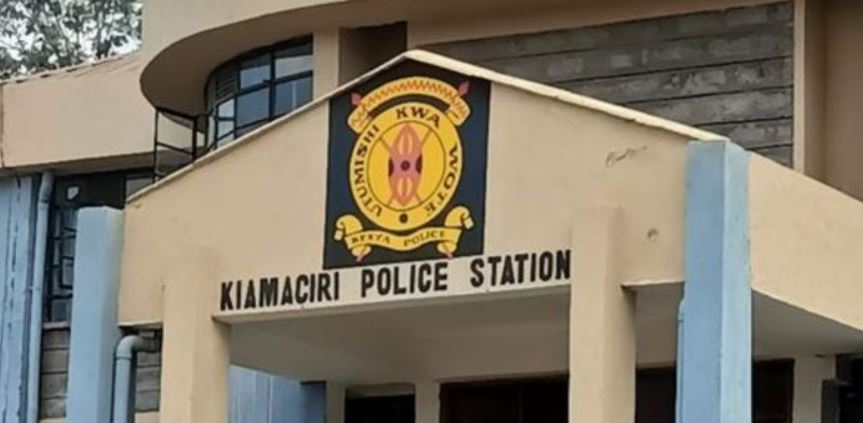
A civil registration system ensures the registration of all vital events, including births, marriages, and deaths, and issues relevant certificates as proof of such registration.
Bitok noted that civil registration centers are currently operational in 159 sub-counties out of 406 nationwide.
“This is an increase of 34 sub-counties since 2021,” he said.
Bitok made these remarks on Tuesday before the National Assembly’s Implementation Committee.
He was responding to a motion by Maragwa MP Mary Wamaua, urging the government to establish database centers in all civil registration centers to store the necessary information for issuing birth certificates to children.
The House approved the motion on May 3, 2024.
In his submissions, Bitok said the department would strive to operationalize 131 offices in constituencies lacking civil registration offices.
“This will bring services closer to the public,” he added.
He noted that the department has established databases in all operational sub-counties, though some are still manual.
“The department has embarked on digitizing and automating its processes to ensure efficient storage, application, and processing of certificates,” Bitok said.
He stated that the Civil Registration Department has implemented a web-based system to allow the public to be issued a Unique Personal Identifier (UPI) or Maisha Namba at birth.
“The system will subsequently allow the public to apply for certificates online, make payments through eCitizen, and download their certificates. The UPI will also enable the integration of the civil registration database with other government databases to provide efficient service delivery,” he added.
However, the PS noted that the implementation of the system is facing legal challenges in court.








